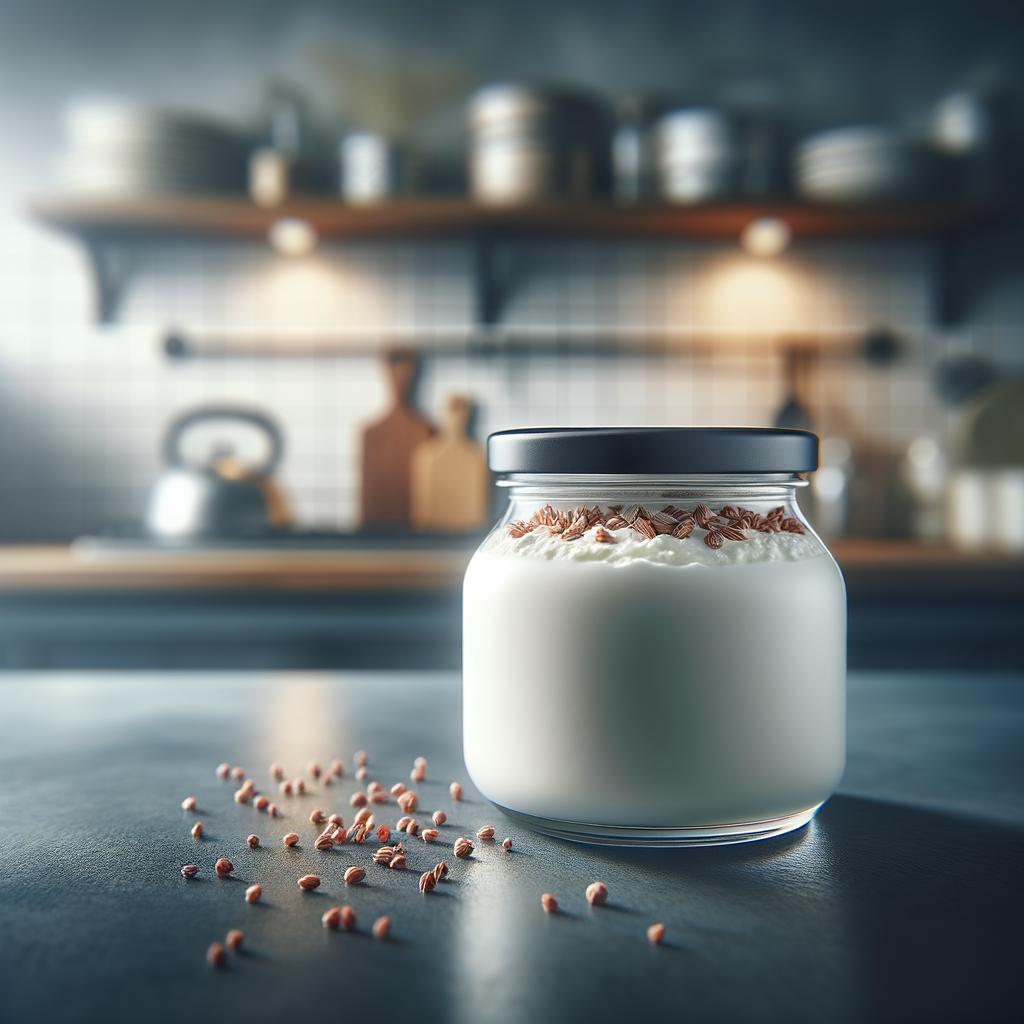Skyr

Description
Skyr, a treasured gem from the heart of Iceland, is a creamy, thick dairy product that bears a striking resemblance to Greek yogurt. Its appearance is a luscious, smooth white, with a texture that is luxuriously thick and velvety on the tongue. Skyr's flavor profile is unique – it is mildly tangy, subtly sweet, and has a faint hint of natural creaminess. The distinct quality that sets skyr apart from its yogurt cousins is its preparation method. It is traditionally made from skimmed milk after the cream has been separated for butter, and a small portion of previous batch is used as a starter, much like sourdough.
Primary Uses
Skyr is an incredibly versatile ingredient in the culinary world. It is commonly consumed in its homeland as a breakfast staple, often paired with müesli or fruit. It also makes a delightful dessert when sweetened with sugar and served with fresh berries. In the wider culinary sphere, skyr is used as a healthier alternative to cream in various dishes, from soups to sauces. Its thick texture makes it an excellent choice for baking, contributing to moist, tender cakes and pastries. Beyond its culinary uses, skyr has cultural significance in Iceland, where it has been a part of the national diet for over a thousand years.
History
The history of skyr is as rich and textured as the product itself. It was brought to Iceland by Norse settlers in the 9th century and quickly became an essential part of the Icelandic diet. Skyr was so cherished that it even features in the medieval Icelandic sagas, where it is described as a regular part of the Viking diet. Over the centuries, the art of making skyr was passed down from generation to generation, preserving its traditional recipe. Interestingly, despite its long history, skyr remained largely unknown outside Iceland until the early 21st century, when it began to gain popularity worldwide as a 'superfood'.
Nutritional Information
Skyr is a nutritional powerhouse, packed with high-quality protein, calcium, and essential vitamins such as Vitamin B12 and Vitamin D. It is low in fat, since it's made from skimmed milk, and contains probiotics beneficial for gut health. The protein content in skyr is particularly impressive, making it an excellent choice for those looking to increase their protein intake. When compared to Greek yogurt, skyr typically has slightly more protein but less fat, making it a healthier choice for many. However, like all dairy products, it should be consumed in moderation, especially by those with lactose intolerance.

